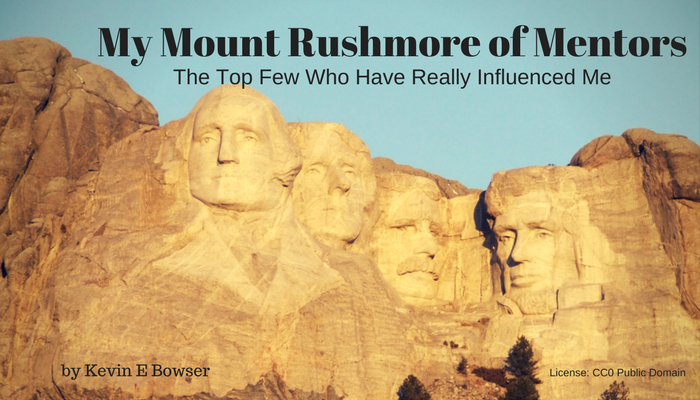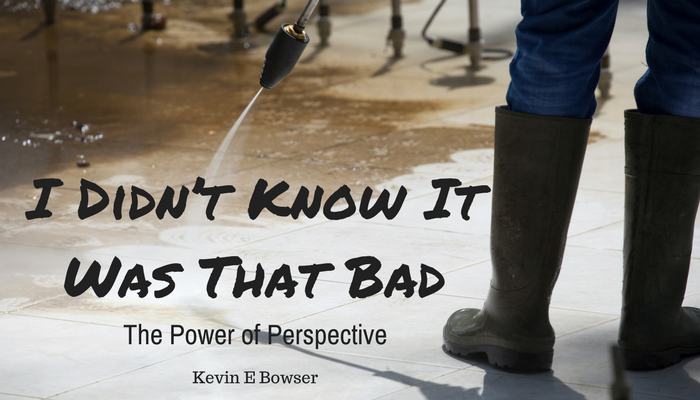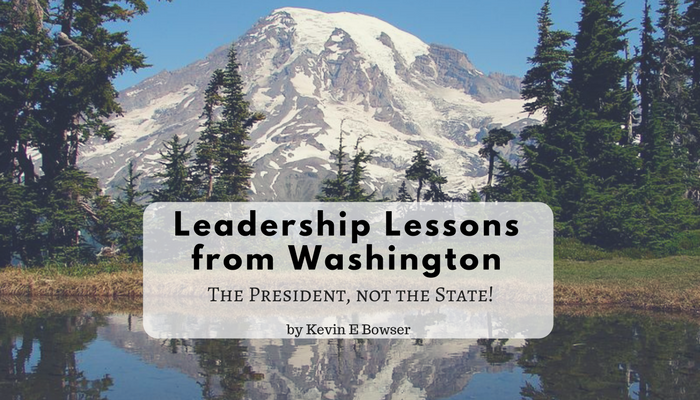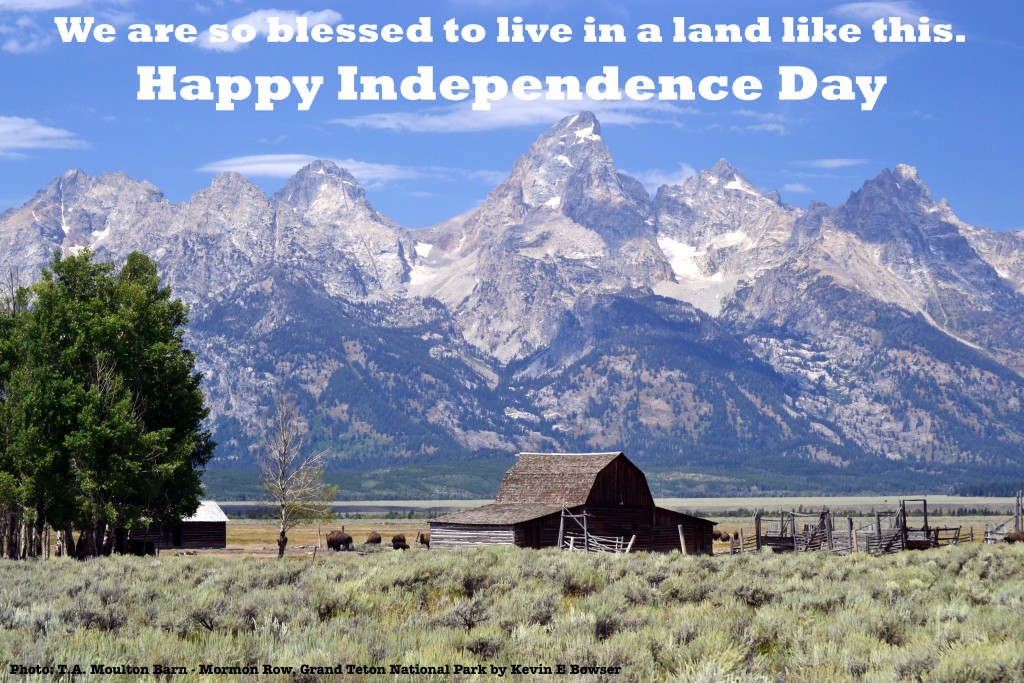I had a text message this morning from a man who has been way more influential in my life than he even knows. We had not been in touch for a while due to his move from TX to LA and because of my crazy schedule for the last few months. He was checking in with me to make sure that the lack of communication was not due to some unidentified or unresolved issue between us. Nothing can be farther from the truth!
In the short text response back to him to let him know I am still alive, I told him that he is on my personal “Mount Rushmore” of guys who have had a major impact on my life. The real Mount Rushmore in the Black Hills of South Dakota is the epitome of public acknowledgment of greatness.
Mount Rushmore features 60-foot sculptures of the heads of four of the United States greatest presidents: George Washington, Thomas Jefferson, Theodore Roosevelt, and Abraham Lincoln. Can you name anyone else who deserves to be on that mountainside? Wait, don’t do that. That is not what this article is about. It is about the four guys who have had a significant impact on my life and my leadership development.
My Mount Rushmore
I want to share with you just who these guys are. But I want to allow them some anonymity out of respect for their time and privacy. Here they are:
Click here to read the rest of the article »











